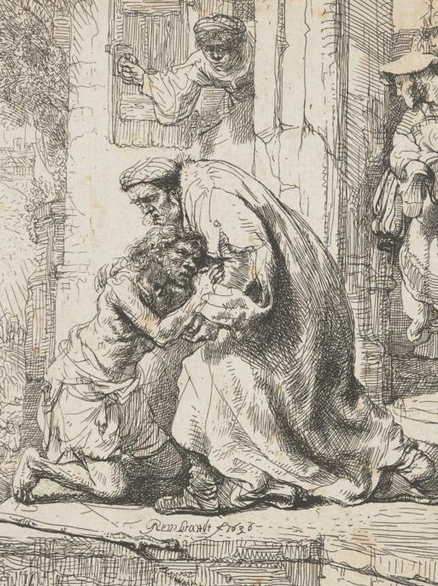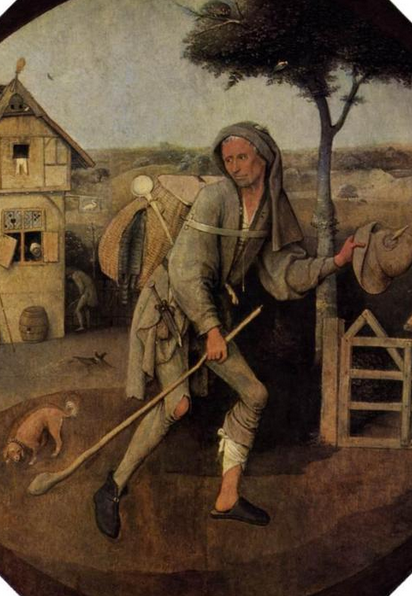Bible Lesson 24
El Hijo Perdido – The Lost Son
Jesus told a set of three parables to show how much God longs to be reunited with his lost people.
A woman lost one out of ten coins. She scoured the house thoroughly until she found it, and then she called her friends together for a party to celebrate its return!
A shepherd lost one of his 100 sheep. He left the others and searched high and low through the hills until he found it. He tenderly carried it home, then he called his friends and neighbors together to celebrate with him.
In this way, said Jesus, there is great rejoicing in heaven for even one lost sinner who repents and turns back to God.
And then, a father lost his son:
How to Use This Page:
1. Listen to the audio as you read along with the Spanish on the left.
2. Open the English translation, and read the two side-by-side, making sure you understand the Spanish.
3. Close the English, and listen to the audio again, reading along in Spanish.
4. Close the Spanish, and listen once more. Maybe shut your eyes, and just try to catch as much as you can.


